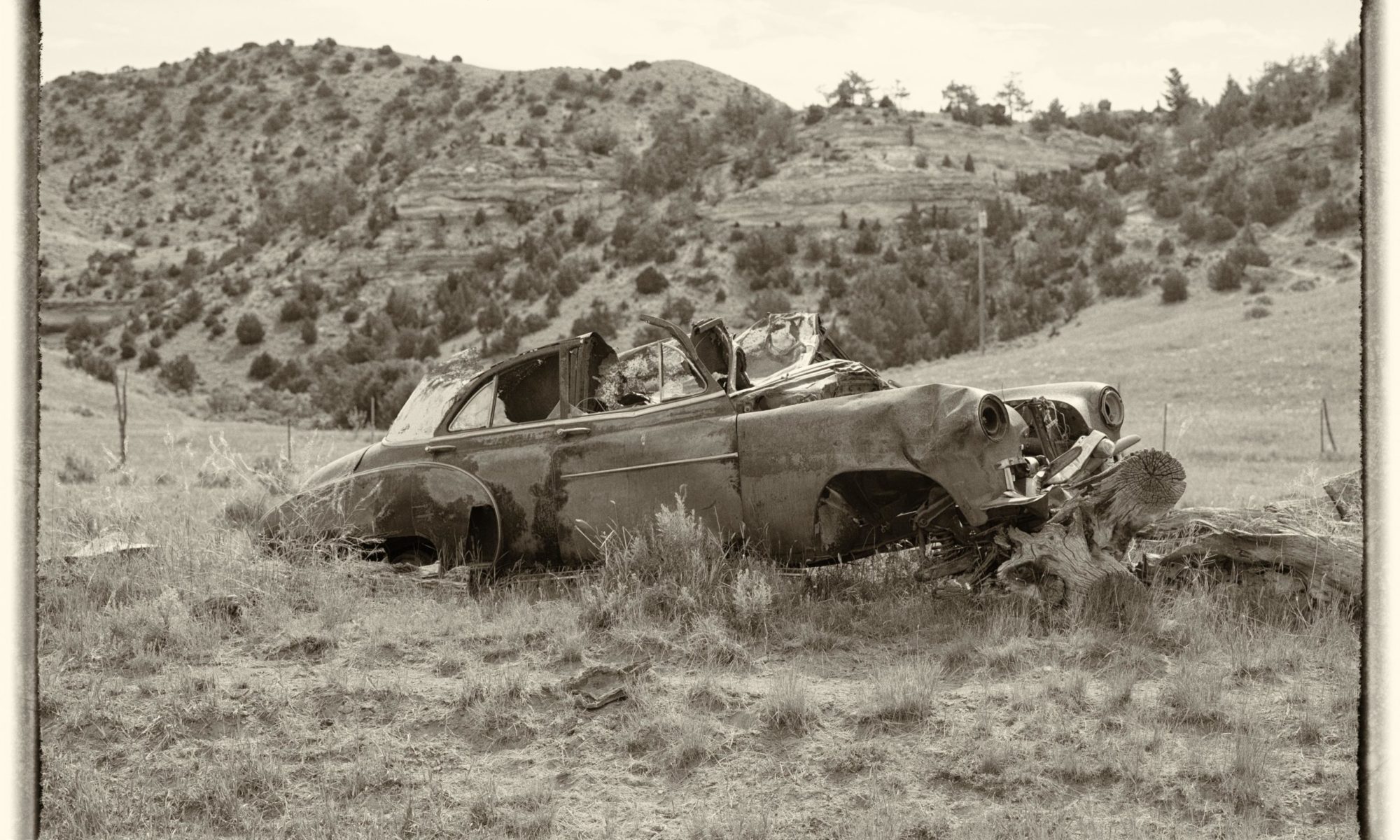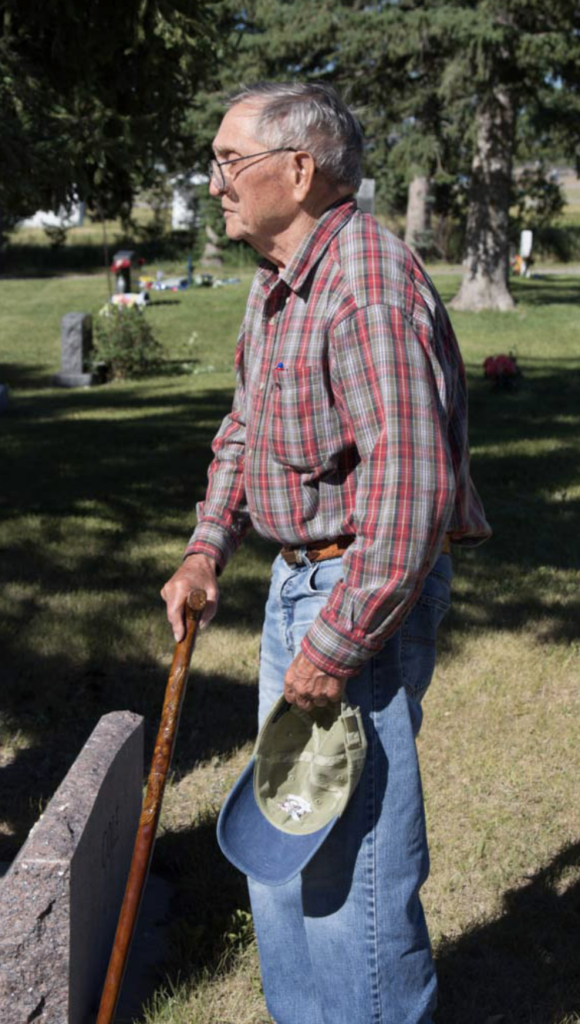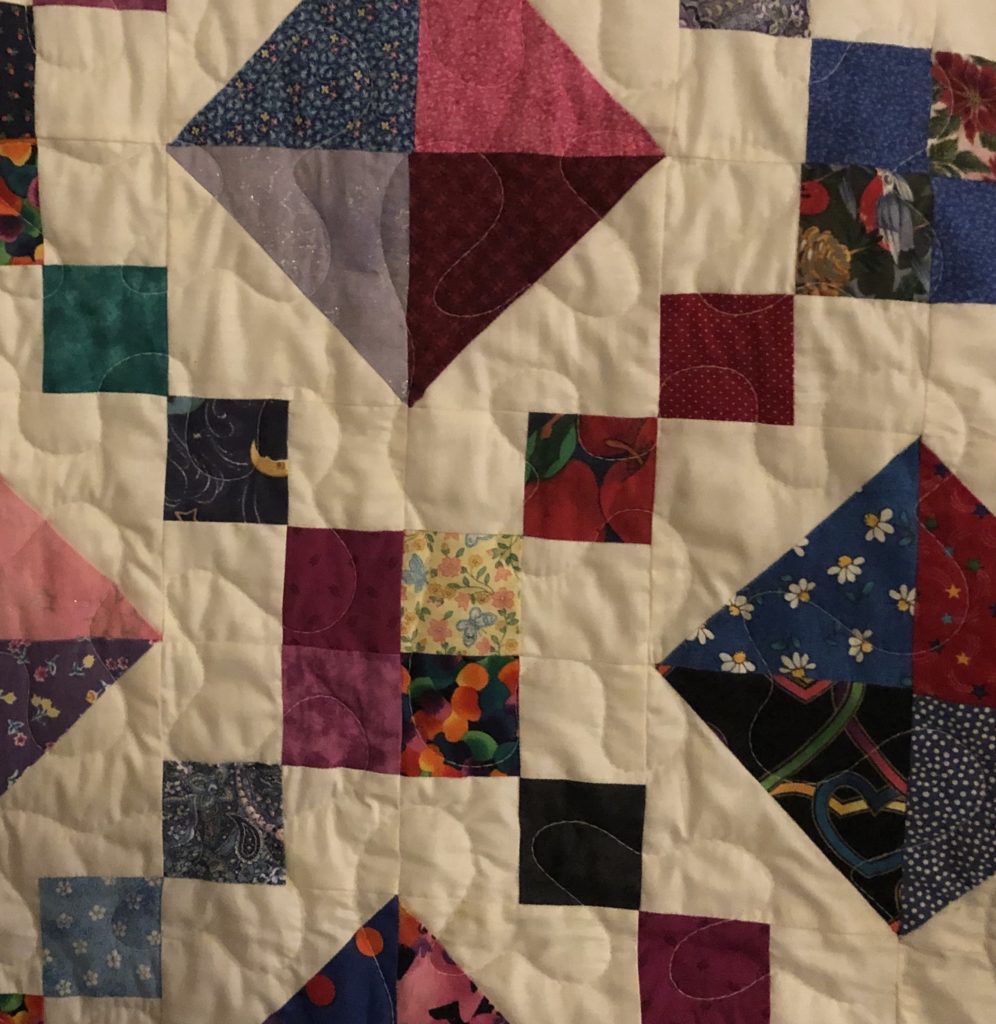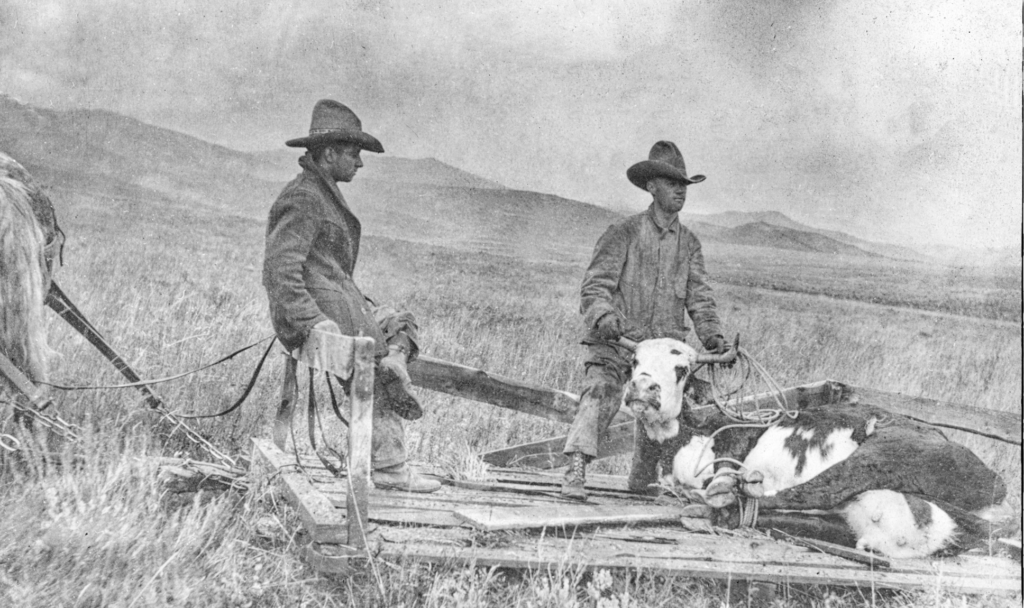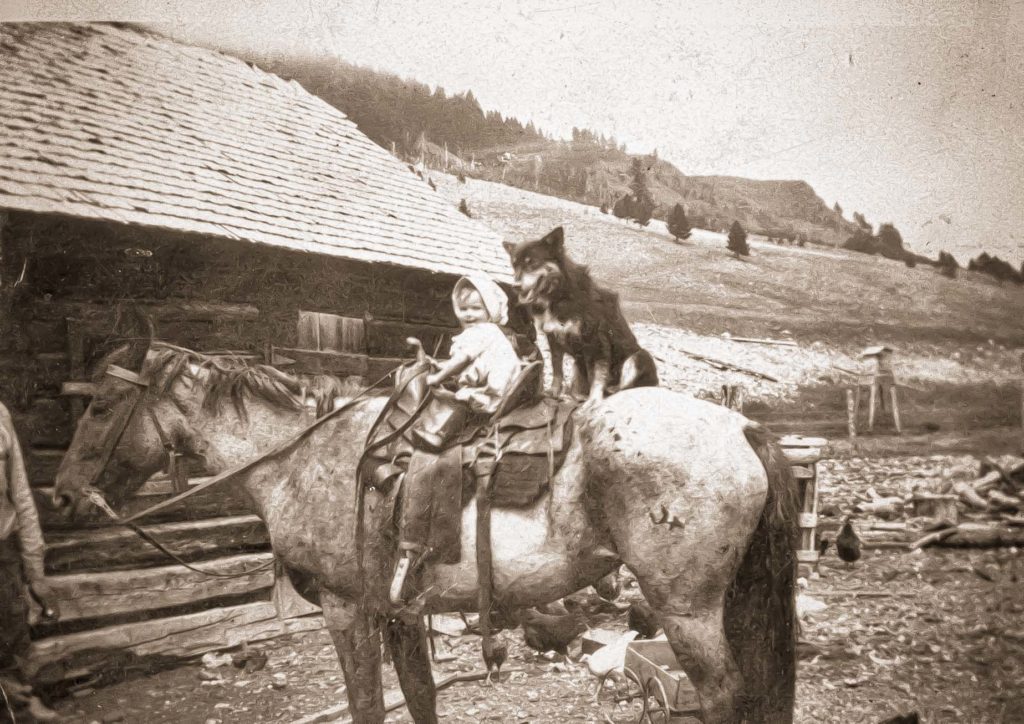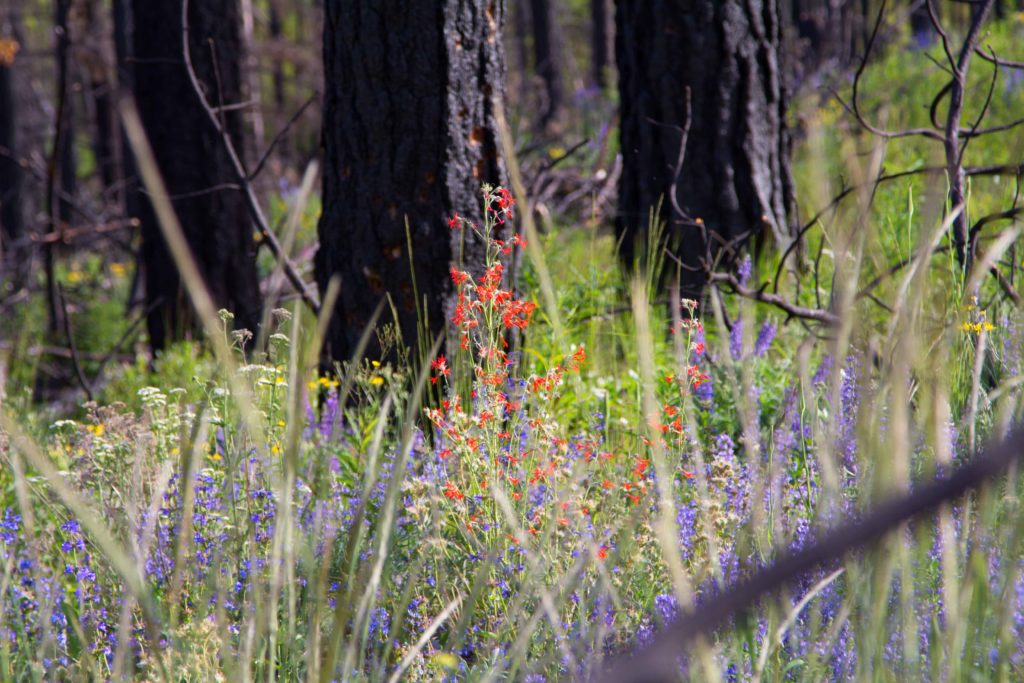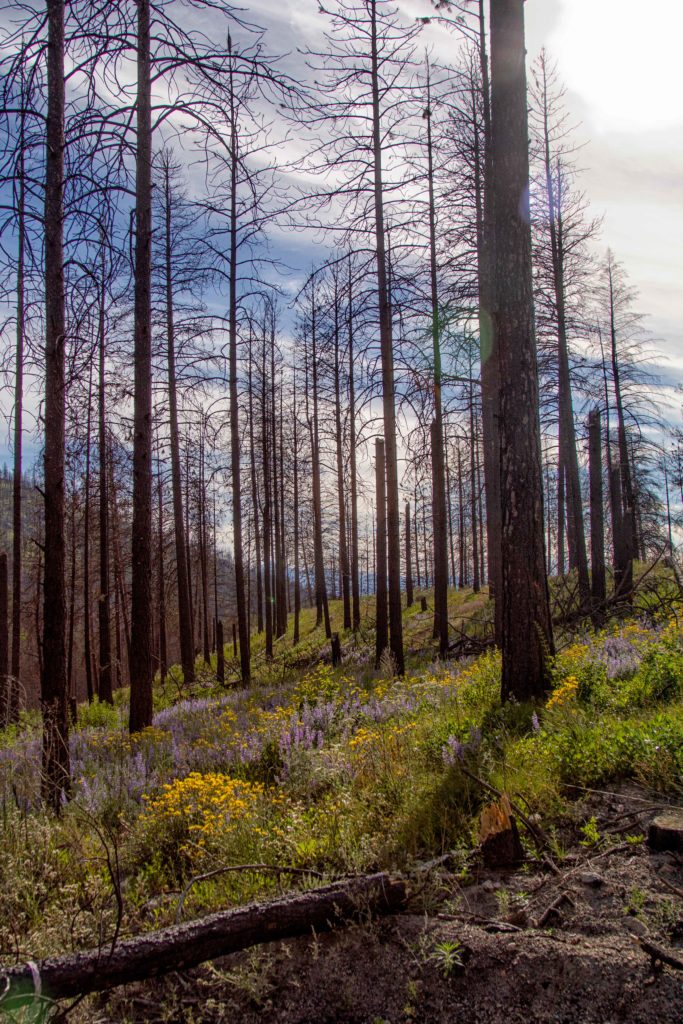Daddy peeked in the door of every shop as we walked down the street. He stopped in front of the Senior Center, peered through the window, and opened the door. A big grin filled his face. He was sure to find some old friends there! Wrinkled faces turned his direction, eyes shining as they met each other’s gaze. He talked with them as if he had known them all of his life, though some were newcomers to the area by forty-plus years. Many he knew when he went in, others he knew by the time he walked out.
Our next stop was the nursing facility. I walked beside him down the long hallways as he looked through every opened doorway and spoke or waved to those inside the rooms. Immediately he went into “preacher mode”. We stopped in front of a closed door and he rapped on the door with one of his preacher’s knocks that I had seen many times. A man opened the door, looked straight at me, and said, “You must be a Brannin.” I was the one who grinned then. Soon the two were trading stories from another era with wild tales of ranch life in Melville and the Crazy Mountains. We said our goodbyes and continued our search down the corridor.
Looking through one doorway, Daddy suddenly stopped. There he was – one of Daddy’s old school buddies – Paul Westervelt! What a reunion! They talked of school days, friends and family. It seemed as if the scales of time fell and transformed to two old friends into teenagers. I felt privileged to have been allowed to slip into their world.
There was one more stop to make. Though Daddy had been able to visit a few of his schoolmates and acquaintances, there were others he wanted to see. That led us to Mountain View Cemetery where most of his old buddies were to be found. Daddy pointed out various tombstones, explaining who lay in the ground. He brought them to life as he shared fond memories and humorous stories and exploits of their youth. Each time we made the visit to town, more and more of his friends and family had made the move to the same hallowed ground.
As the years progressed, I knew Daddy’s time was getting shorter and there really would be “one last time” to make the trip home. It became more evident as his body faded. His last few months were filled with stories and remembrances as he reminisced about days gone by. He also had a few “visitations” from visitors who came in the night. Some folks who had been gone for years looked in his room and said, “Come on,” and motioned from the doorway. A few were bold enough to enter the room and stand by his bed as if to urge him to follow. One of his friends to visit was Paul Westervelt. No, he really wasn’t there physically, but Daddy saw him and heard his voice, “Are you about ready to go?” The morning after the “visitation”, Daddy told me, “I had a visitor last night,” and he told me of his vision.
Earlier this year, my daughter, grandson and I were able to attend a family funeral at Melville. After the service, an elderly gentleman came up to me and said he had known my Daddy. I said, “What’s your name?” He said, “I am Paul Westervelt. I’m the last one of my graduating class.” My whole face lit up. I said, “I have to tell you a story. You visited my dad shortly before he died.” And then, his face lit up. Somehow, I felt we had come full circle and I was the link, the old friend. There was great satisfaction in that brief moment.
I found out today that daddy’s old buddy left this world just a few days ago. That news made me even more thankful that we had a chance to visit in Melville.
I guess the two schoolmates are really visiting now!
